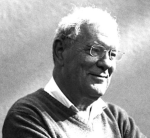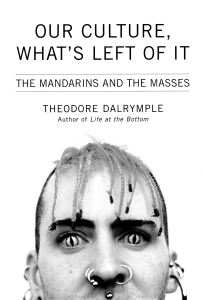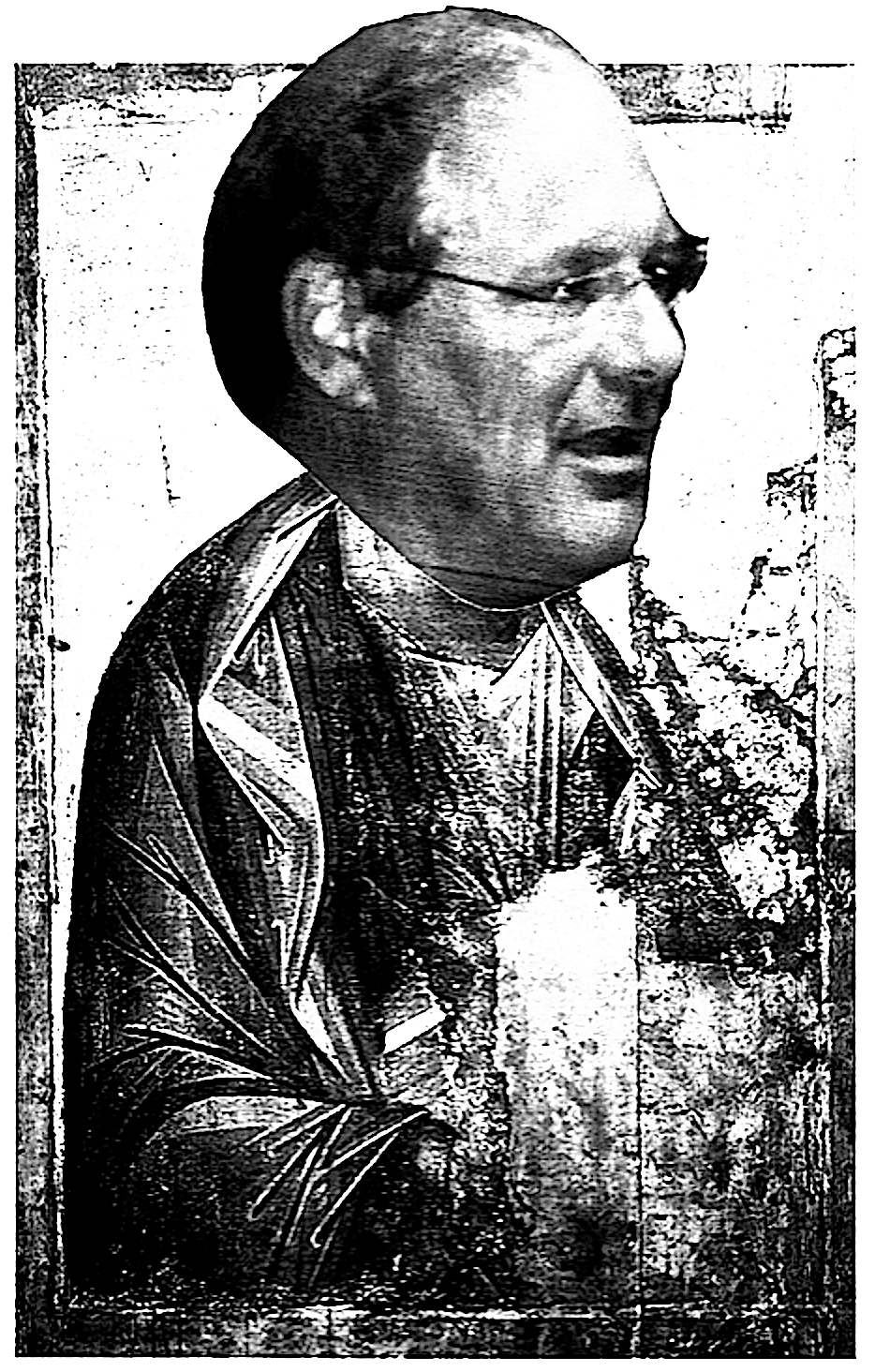 Dalrymple writes that Le Corbusier’s
Dalrymple writes that Le Corbusier’s
casual but vicious totalitarianism, his inhumanity, his rage against humans, is evident. He felt the affection and concern for humans that most people feel for cockroaches.
Like Hitler, Le Corbusier
wanted to be an artist, and, as with Hitler, the world would have been a better place if he had achieved his ambition — one could have avoided his productions. The buildings that he and myriad acolytes have built scour the retina of the viewer.
The Corbusians are original in nothing but the new outrages they commit
 A single Corbusian building
A single Corbusian building
can devastate a landscape or destroy an ancient townscape, with a finality quite without appeal.
As for Le Corbusier’s city planning,
it was of a childish inhumanity and rank amateurism that would have been mildly amusing had it remained theoretical.
 Dalrymple’s æsthetic detestation of Charles-Édouard Jeanneret
Dalrymple’s æsthetic detestation of Charles-Édouard Jeanneret
Le Corbusier, Dalrymple points out, was
- personally unpleasant
- a plagiarist
- a liar
- a cheat
- a thief
His ideas were
gimcrack at best, and often far worse than merely bad.
A criminally bad architect
 To commission a building from Le Corbusier
To commission a building from Le Corbusier
was to tie a ball and chain around one’s ankle, committing to Sisyphean bills for maintenance, as well as to a dishonest estimate of what the building would cost to build. He was technically ignorant and incompetent, laughably so. His roofs leaked, his materials deteriorated. He never grasped elementary principles of engineering.
A house by Le Corbusier
was not so much a machine for living in (one of his fatuous dicta) as a machine for generating costs and for moving out of. In the name of functionality, Le Corbusier built what did not work; in the name of mass production, everything he used had to be individually fashioned.
 Having no human qualities himself,
Having no human qualities himself,
and lacking all imagination, he did not even understand that shade in a hot climate was desirable, indeed essential.
Foulest of the fascist architects
Le Corbusier’s writing is
exhortatory and often ungrammatical, full of non-sequiturs and dubious assertions. He raves rather than argues; everything is written in an imperious take-it-or-leave-it mode.

Le Corbusier’s pronouncements, and the belief in them,
led to the construction of a thousand urban hells, worse in some ways than traditional slums because they were designed to eliminate spontaneous human contact. He hated the street, because it was messy, unofficial and unofficiated. He hated it as an obsessively houseproud woman hates dust.
Despite his horrible failings, Le Corbusier exerts
an unaccountable hold over architects and intellectuals. In France (but not only in France), to criticise him is to put oneself beyond the pale, and careers have been obstructed if not ruined by doing so. He seems to have a grip over minds, and those who are attracted to him are attracted also to totalitarian methods of keeping control over opinion. While hundreds of fawning books have been published about him, only a relative handful have taken a critical stance, and even those that provide ample evidence of his manifold defects and crimes refrain from drawing the obvious conclusion.




























































